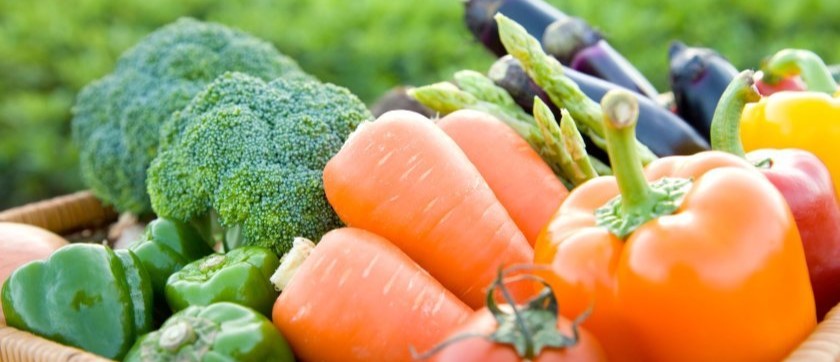
Tanzania has set an ambitious goal to raise its exports to the United Kingdom to £1 billion (around 3.3 trillion Tanzanian shillings) by the year 2030. This target, championed by Tanzania’s High Commission in the UK, represents a strategic push to strengthen trade ties and unlock new opportunities, particularly for horticultural and agricultural products, in one of the world’s most lucrative markets.
The country’s High Commissioner to the UK, Mr. Mbelwa Kairuki, emphasized that reaching this milestone will require strategic coordination, sustained stakeholder engagement, and a thorough understanding of the UK market’s demands. To support exporters, the High Commission has developed a comprehensive briefing document detailing critical insights into UK market expectations, regulatory and compliance requirements, and strategies to build credibility with buyers. The document also includes a structured checklist to help exporters align their operations with UK standards. It provides information about key institutions and online resources available in the UK for enhancing compliance and business linkages.
Horticulture: Opportunity Knocks for Tanzanian Producers
The UK is a major importer of fruits and vegetables year-round, leading to vast opportunities for Tanzanian producers who can reliably deliver high-quality products consistently. Mr. Kairuki highlighted several crops with strong market potential in the UK. These include okra, purple passion fruit, ginger, Hass avocados, bitter melon, and specialty oriental vegetables such as Chinese and Thai eggplants. These offerings are especially attractive during the UK’s winter months when supplies from other regions diminish.
Additionally, there is a steady but modest demand for sweet potatoes and plantains, commodities that align well with some Tanzanian production capacities. Fresh herbs, a fast-growing segment in the UK, also represent a rising opportunity. The demand for herbs like chives, basil, and other specialty varieties is being driven by restaurants, food service suppliers, and health-conscious consumers looking for fresh, natural, and flavorful ingredients. These herbs are mainly transported by air freight, which leverages Tanzania’s strategic geographical position and enables it to fill seasonal supply gaps when other sources are unavailable.
For smaller producers and niche agribusinesses, herbs provide an accessible gateway to entering and establishing a presence in the competitive UK market. Despite representing smaller volumes compared to bulkier crops such as avocados, herbs typically deliver higher profit margins and help producers build strong, lasting relationships with premium buyers.
Strategic Export Focus Areas
To capitalize on these opportunities, Mr. Kairuki underscored that Tanzanian exporters must focus on four key areas:
- Consistency: Supplying steady and reliable volumes is crucial for building buyer confidence and securing repeat orders.
- Competitiveness: Pricing must be competitive with international suppliers while maintaining quality standards.
- Seasonality: Offering crops during off-season periods where other suppliers are scarce will position Tanzanian exports favorably.
- Packaging: Attractive, durable packaging that can withstand long transit times is essential to maintain product quality and appeal to buyers.
Challenges and Market Realities
While the horticultural sector holds strong promise, some commodities present more challenging competitive environments. For example, pineapples and jackfruit are predominantly supplied by Latin American producers who benefit from cheaper sea freight routes. Similarly, Europe largely satisfies its own needs for tomatoes and red cabbage through road freight, making it difficult for Tanzanian exporters to penetrate those markets cost-effectively.
Furthermore, cold chain logistics and transport remain critical factors, especially for fresh herbs and other delicate products. Maintaining freshness and quality through reliable cold chains and packaging solutions will be vital to meet buyer expectations and regulatory requirements.
Building Credibility and Compliance
Mr. Kairuki reiterated that meeting rigorous UK standards regarding quality, safety, and compliance will be a cornerstone for success. The briefing document developed by the High Commission aims to equip exporters with relevant and practical advice to navigate the UK’s regulatory landscape effectively. Building trust with buyers by consistently delivering quality products and adhering to compliance standards is expected to enhance Tanzania’s reputation as a reliable supplier.
The Tanzanian government, through this strategic focus on export growth, is positioning agriculture and horticulture as pivotal sectors for national economic development. The UK market, with its size and diversity, offers a sustainable platform for Tanzanian producers to scale their operations, diversify their export portfolio, and increase foreign exchange earnings.
Conclusion: From Vision to Reality
With clear targets and a structured roadmap, Tanzania’s plan to break the £1 billion export ceiling to the UK by 2030 is both ambitious and achievable. Success will depend on coordinated efforts among exporters, government agencies, and trade partners to build capacity, improve infrastructure, and ensure compliance with demanding international market standards.
Through targeted focus on high-potential horticultural products, leveraging seasonality advantages, and improving packaging and logistics, Tanzania stands to significantly expand its footprint in the lucrative UK market. This growth will not only benefit producers but also contribute broadly to Tanzania’s socioeconomic development by creating jobs, stimulating rural economies, and generating vital foreign exchange.
